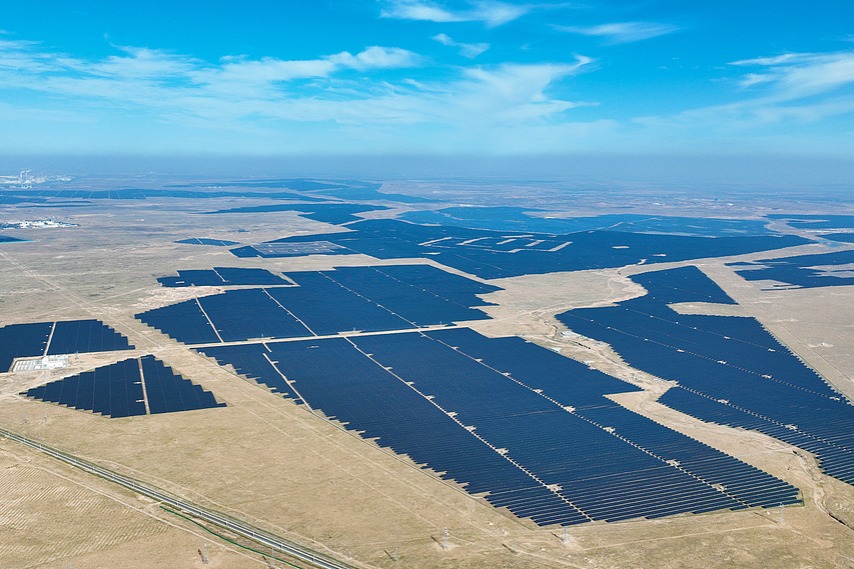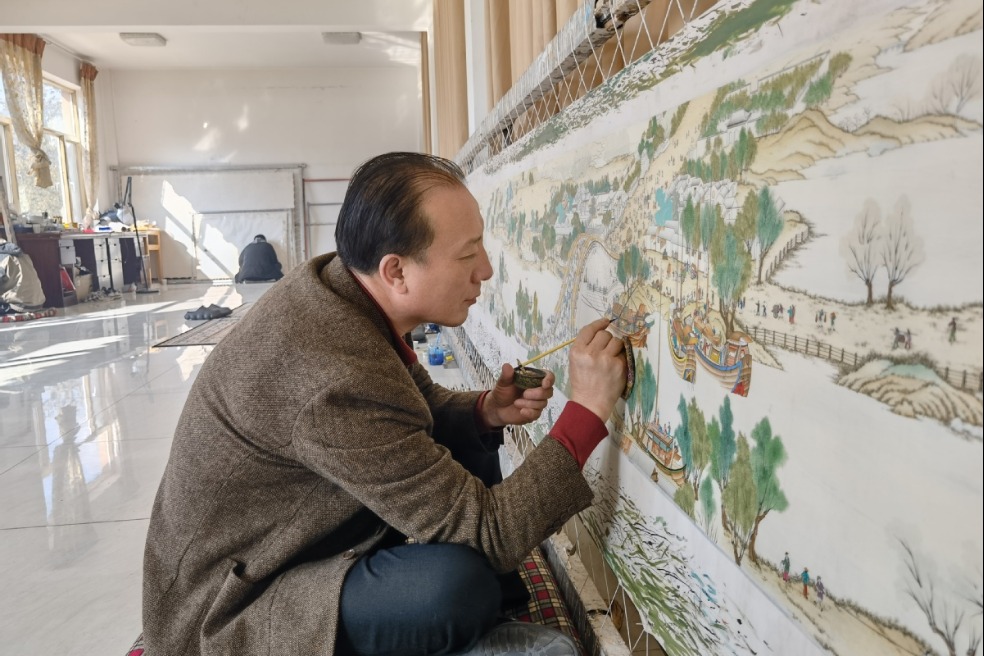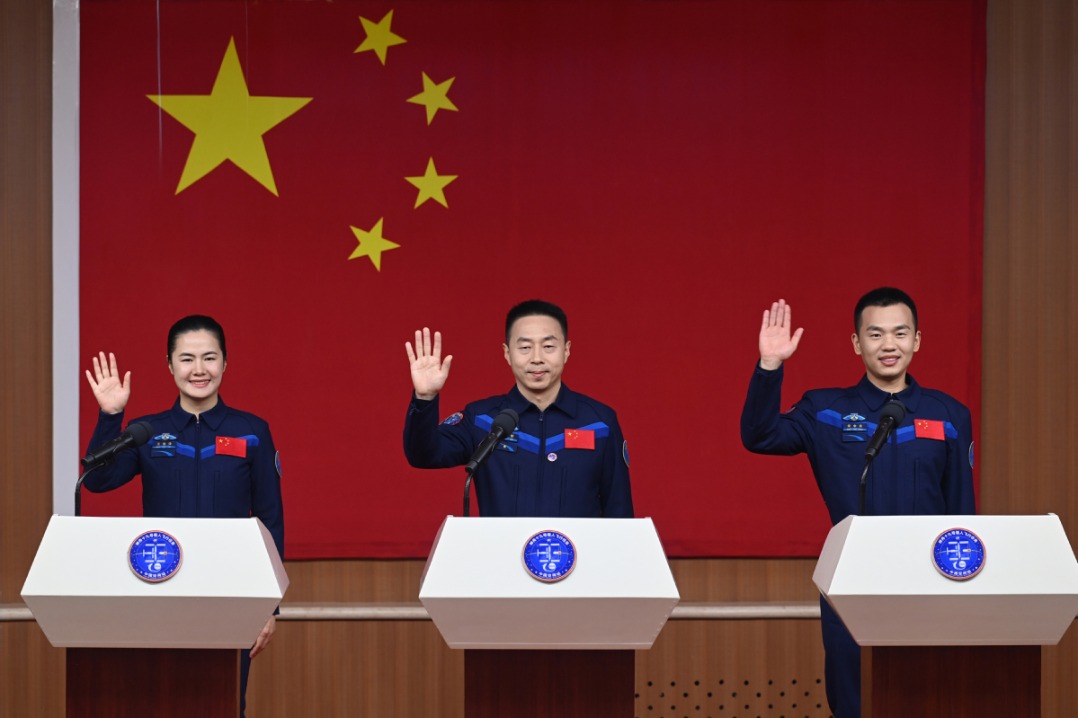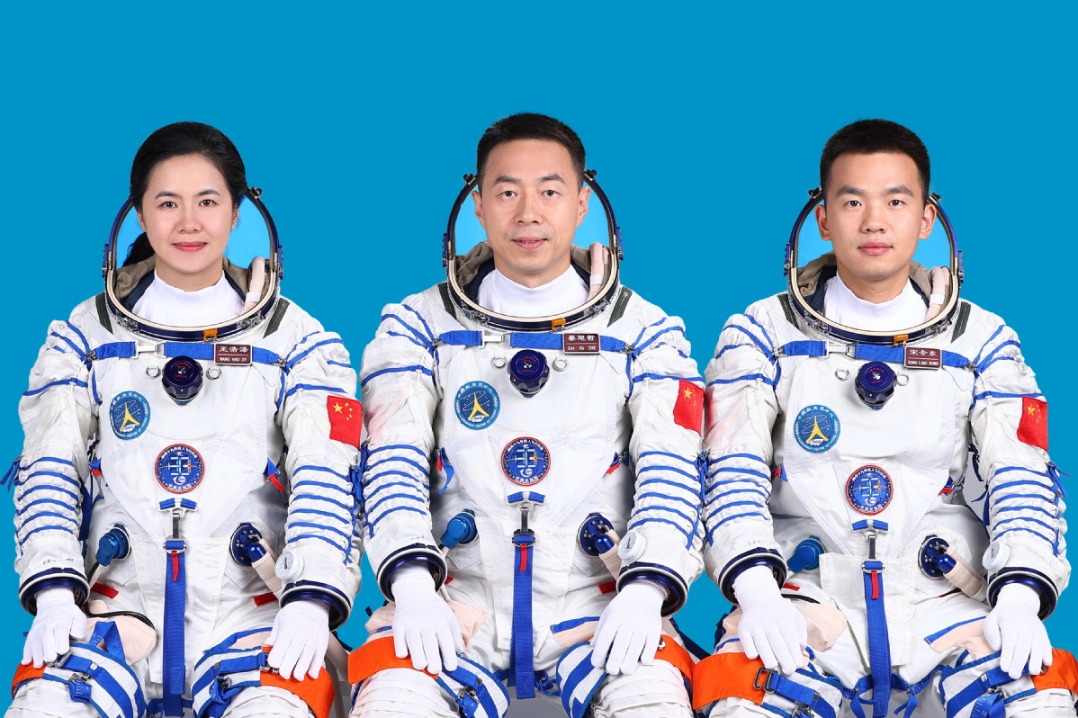Xi Jinping leads China on new journey

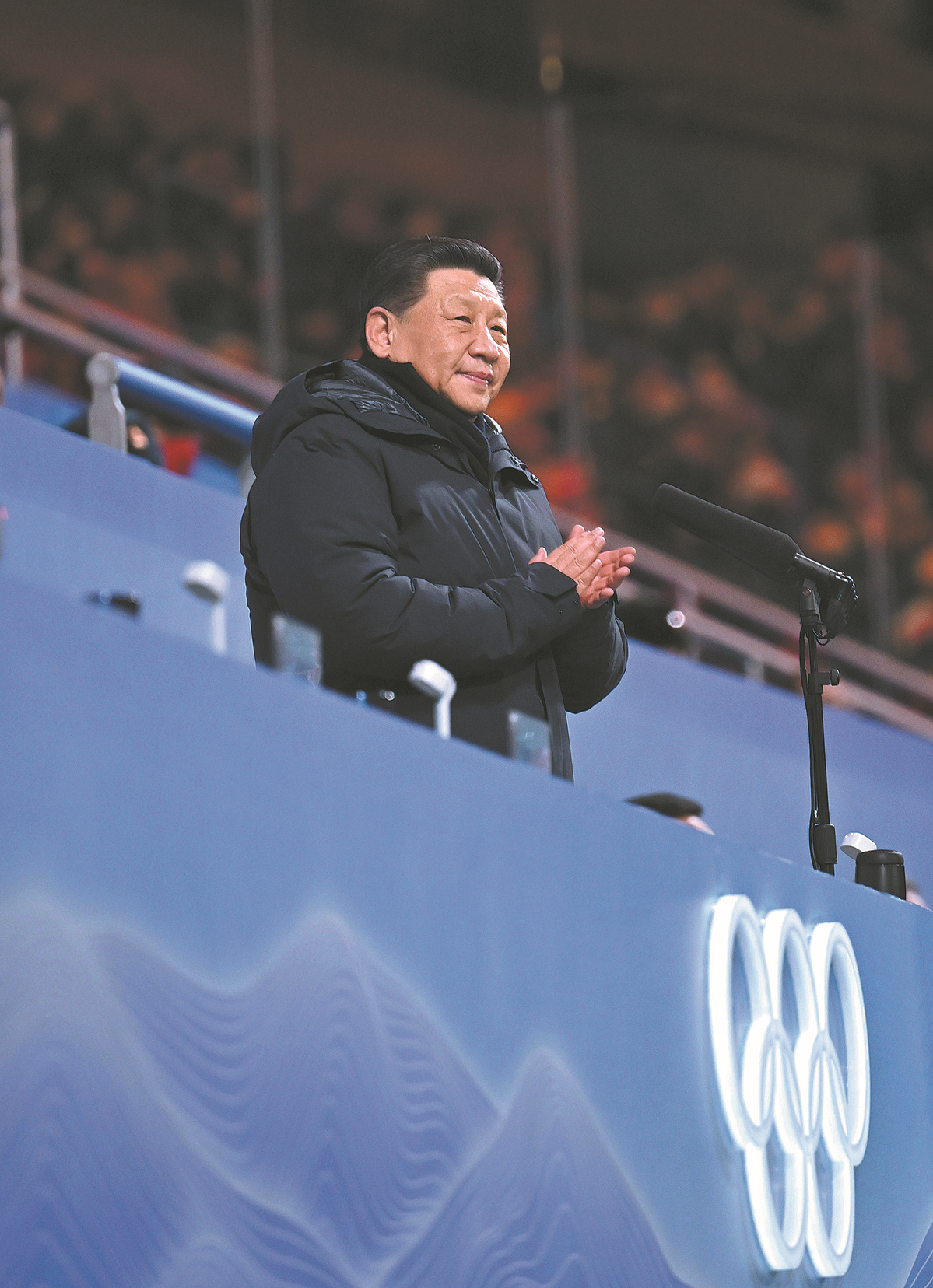
A tough man with a tender heart
Xi has a strong track record as a crisis manager. Battle-hardened by years of handling tough situations, Xi has the experience, courage and tenacity needed to cope with the tests and challenges China faces today.
While working in the coastal regions of Fujian, Zhejiang and Shanghai, Xi led local response efforts to multiple powerful typhoons. During these instances, he would spend whole nights overseeing the evacuation in an effort to minimize casualties and damage.
When he served as vice president of China, Xi oversaw the preparations for Beijing 2008 Olympics and Paralympics, which were made under tremendous pressure in a year overshadowed by the devastating Wenchuan earthquake and the riots in Lhasa. Yet Beijing 2008 has been remembered as one of the best Games in history. Nearly 14 years later, under Xi's leadership, China presented the world a streamlined, safe and splendid Winter Games despite COVID-19 and the so-called "diplomatic boycott "by some Western countries.
He says that China in the new era is faced with more challenges and uncertainties. "We must be prepared to carry out a great struggle with many new historical features." While overseeing the drafting of the report to the 18th CPC National Congress, Xi demanded the statement be included.
"Achieving national rejuvenation is no easy task. It will take more than drum beating and gong clanging to get there. Realizing this great dream demands a great struggle. The tests we face on the way forward will only become more complex as we press on, and we must be prepared to crest unimaginable waves," Xi told officials.
In 2015, when Yemen descended into chaos, Xi directed the PLA Navy to evacuate hundreds of stranded Chinese nationals. This inspired "Operation Red Sea," a box office hit that ignited patriotic fervor. Also in 2015, Xi led a series of rescue efforts to address China's stock market fluctuations, avoiding systemic risks.
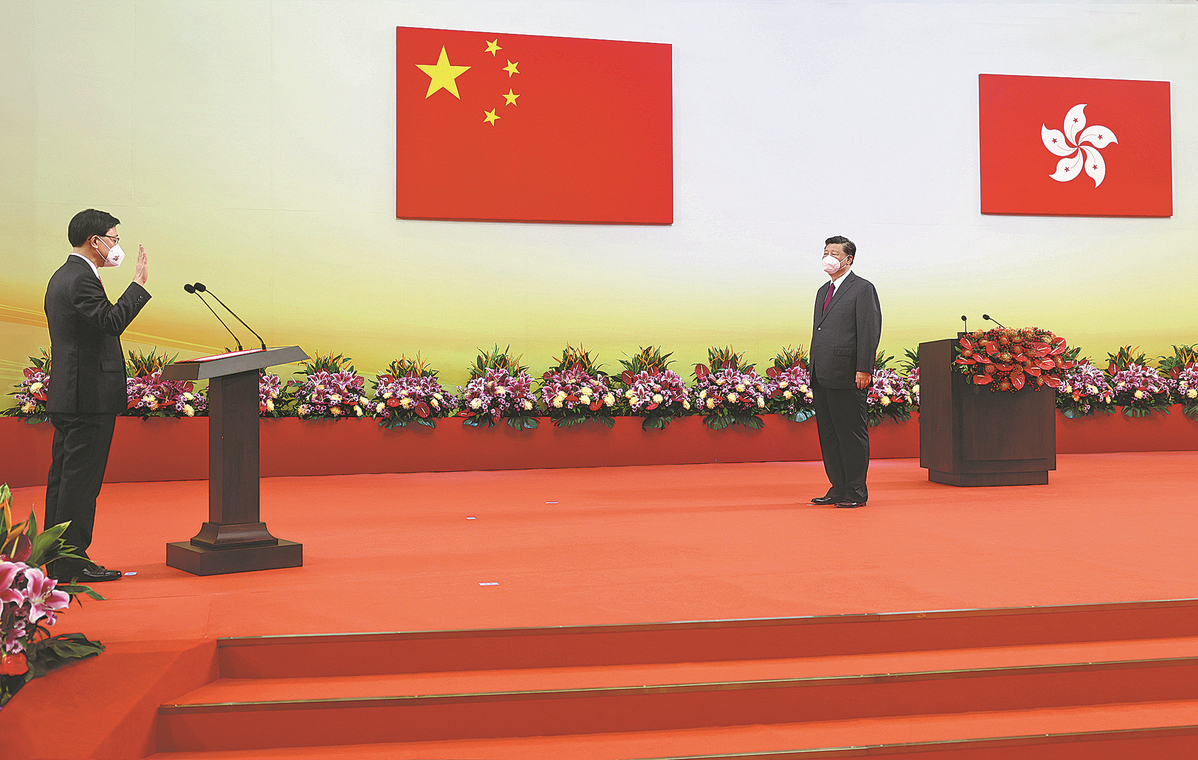
In response to severe situations in Hong Kong, Xi rolled out a package of measures, including the enforcement of the Hong Kong National Security Law and the improvements to the electoral system of the Hong Kong Special Administrative Region, to ensure that the central government exercises overall jurisdiction over Hong Kong and the city is administered by patriots. Order has been restored in Hong Kong. Xi said there is no reason to change such a good policy as "one country, two systems," and stressed adhering to it in the long run.
Xi met with Ma Ying-jeou in Singapore in 2015, marking the first meeting between the leaders of the two sides of the Taiwan Strait since 1949.The cross-Strait relations deteriorated after the Democratic Progressive Party came to power in Taiwan in 2016. Xi has proposed a series of measures, including a "two systems "solution to the Taiwan question, to "maintain the initiative and the ability to steer in cross-Strait relations.""We will continue to strive for peaceful reunification with the greatest sincerity and the utmost effort, but we will never promise to renounce the use of force, and we reserve the option of taking all measures necessary," he said.
In August 2022, in disregard of China's stern warning, U.S. House Speaker Nancy Pelosi went ahead with her visit to Taiwan, causing escalating tensions across the Taiwan Strait. The PLA conducted joint combat training exercises of an unprecedented scale around the Taiwan Island, effectively deterring "Taiwan independence" separatist forces and foreign interference. The one-China principle has become a more prevailing international consensus.
Xi often stays up late working. He has openly revealed one occasion on which he had a sleepless night.
On the eve of the Lunar New Year 2020, with COVID-19 clouding festivities, Xi had a sleepless night.
The next day, he convened a Party leadership meeting to discuss the country's response. Before the meeting, Xi had made a critical decision to tighten restrictions on the movement of people and channels of exit in central China's Hubei Province and its capital city Wuhan.
On March 10, 2020, Xi visited Wuhan to inspect COVID-19 prevention and control on the front line. At a hospital specially built for treating COVID-19 patients, he spoke to a patient via video link, voicing his encouragement.















